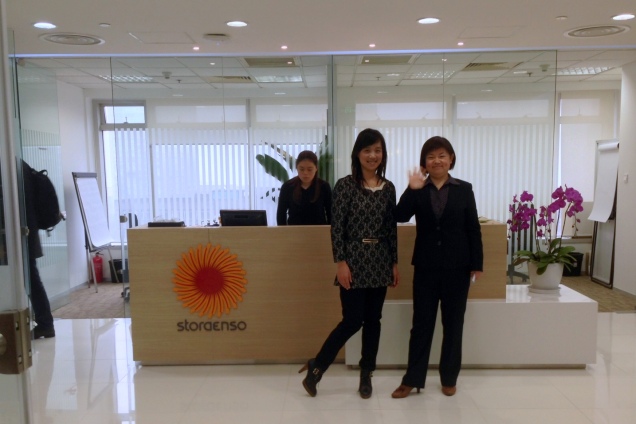Stora Enso, the Northern European leading provider of renewable solutions in packaging, biomaterials, wood and paper on global markets, is investing a total of approximately 63 million euro to further improve competitiveness in strategic growth areas in China and Sweden in the Consumer Board and Biomaterials divisions. The Nordic company will invest 31 million euro in a new polyethylene (PE) coating line in the new consumer board mill in Beihai, China. The Beihai Mill is expected to be in operation during the second quarter of 2016, as communicated earlier. The investment will enhance Stora Enso’s strategy for profitable growth and supports competitiveness by enabling short lead-times and full quality control for PE-coated prime Food Service Board (FSB). The investment is expected to be completed in mid-2017.
According to Markus Mannström, Chief Technology Officer (CTO), who is responsible for coordinating Stora Enso’s R&D Innovation agendas, managing the group’s investment processes, and leading Energy Services, “Stora Enso is already well on its way in becoming independent of fossil fuels in production”.
The company is also investing 16 million euro in a new chemical plant at the consumer board mill in Skoghall, Sweden, to further improve the environmental performance of the mill. The investment is expected to be completed by the end of 2017. In the Biomaterials division, Stora Enso is investing 16 million euro to improve the environmental performance by reducing sulphur emissions of its mill in Skutskär, Sweden. The investment is expected to be completed by the end of 2017.
The investments will further enhance Stora Enso’s transformation into a global renewable materials growth company. 31 million euro of these investments are part of the group’s 2016 capital expenditure forecast, which amounts to 680–720 million euro.
“Being renewable – Mannström says – touches every part of our business. Broadly, we look at renewability as a cycle, from raw material to product after-life through recycling or degradability – and reuse as energy. In production, our processes recycle chemicals and use biomass side streams to produce power and heat. Residuals and by-products such as bark and wood waste, lignin, black liquor and wastewater treatment sludge can be used for internal bioenergy production, among other things. Excess heat or energy is often sold to nearby businesses or communities. Some 98% of all our waste and residuals is reused either in our own production or externally”.
Last December, Stora Enso inaugurated the Innovation Centre for biomaterials which will host research, application, business development and strategic marketing under one roof. By creating renewable solutions and products from second-generation biomass, such as wood, in order to replace fossil-based products, the centre is addressing societal problems such as climate change, increased urbanisation as well as water and land use issues.
“The Innovation Centre in Stockholm is another important step on the road to Stora Enso’s transformation into a renewable materials company. It will help us build on our long, worldwide tradition in forestry, which – when coupled with access to sustainable raw materials and our expertise in fibres – gives us an excellent starting point for creating solutions that will benefit our customers and end-users in various industries and markets,” said Karl-Henrik Sundström, CEO at Stora Enso.
Source
Supplier
Share
Renewable Carbon News – Daily Newsletter
Subscribe to our daily email newsletter – the world's leading newsletter on renewable materials and chemicals












